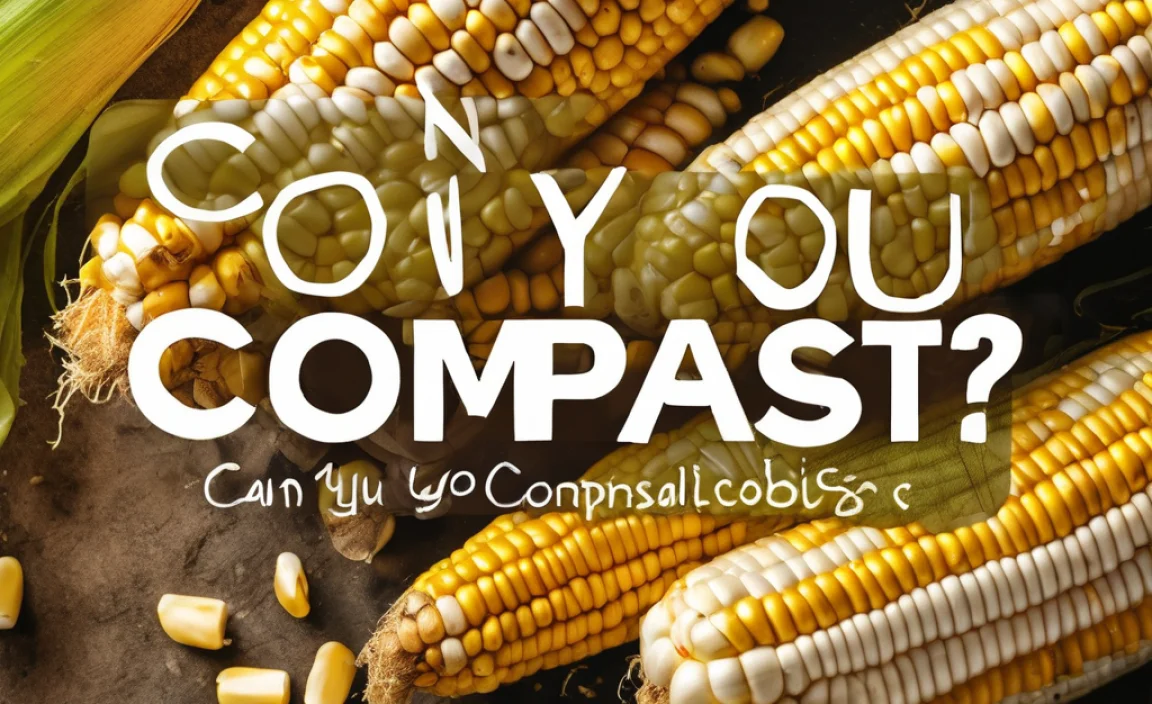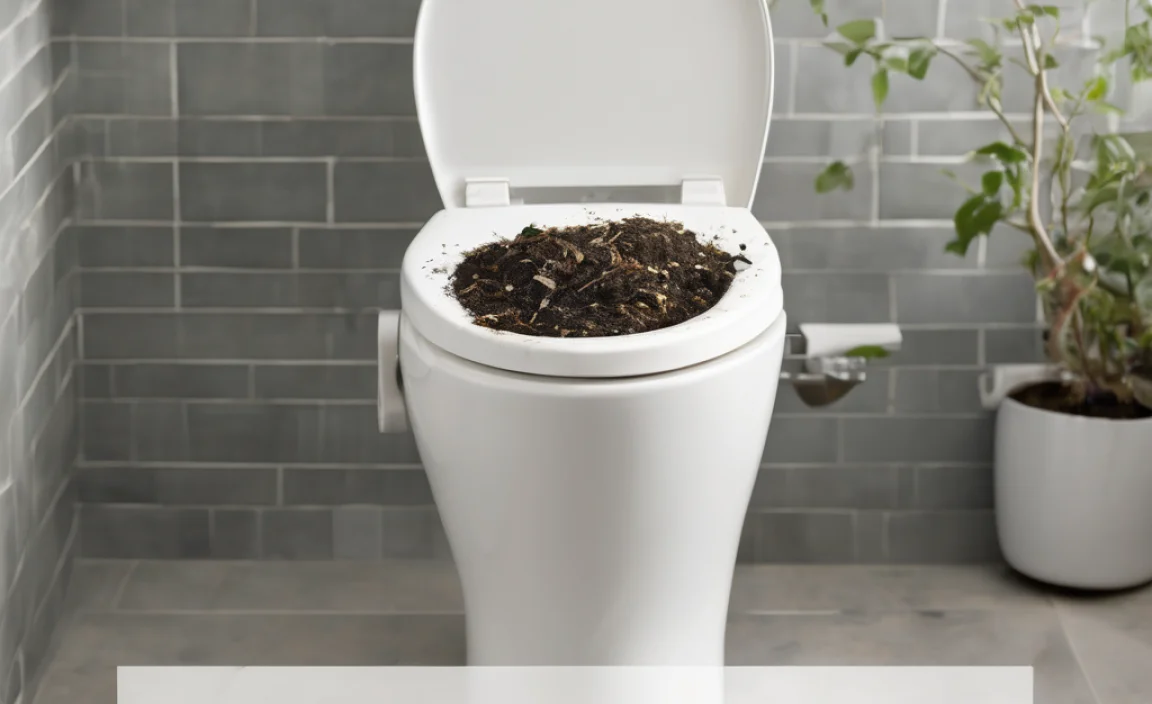Did you know you can turn kitchen scraps into garden gold? Yes, it’s true! Composting is like a magic trick for your plants. But how do you start? That’s where compost starter methods come in.
Imagine you have a big pile of leaves and food scraps. These might not break down quickly by themselves. A compost starter acts like a superhero. It speeds up the process, turning waste into rich soil faster. Let’s explore how this magic happens!
Key Takeaways
- Compost starters speed up the composting process.
- Use kitchen scraps as natural compost starters.
- Compost starter methods can improve soil quality.
- Proper mixing is key for effective composting.
- Composting reduces waste and helps the environment.
Easy Homemade Compost Starter Methods
Starting a compost pile at home is easy and fun. You don’t need fancy products. Common kitchen scraps can kickstart your compost. Banana peels, coffee grounds, and eggshells are great starters. These items break down quickly, boosting the composting process.
- Use fruit and vegetable peels.
- Add coffee grounds.
- Include crushed eggshells.
- Mix in garden waste.
- Keep compost pile moist but not soggy.
By using these simple ingredients, your compost pile will soon turn into rich, dark soil. This soil is perfect for growing strong and healthy plants. Just remember to mix everything well. Mixing helps the waste break down evenly.
Fun Fact or Stats : Did you know one banana peel can decompose in about two weeks?
Why Use Kitchen Scraps?
Have you ever wondered why we use kitchen scraps in composting? These scraps contain nutrients that plants love. When you add them to your compost, they break down and enrich the soil. This process helps plants grow stronger and healthier.
The Role of Coffee Grounds
Did you know coffee grounds can help your compost? They provide nitrogen, which is essential for plant growth. Coffee grounds also repel pests and help open up the soil. So, next time you brew coffee, save those grounds for your compost pile.
Benefits of Eggshells
Eggshells are not just for breakfast. They are full of calcium, which strengthens plant cell walls. Crushed eggshells add valuable nutrients to your compost. This makes your soil more fertile and your plants happier.
Using Commercial Compost Starters
Commercial compost starters are another way to speed up composting. These products contain special bacteria and fungi. These tiny helpers break down organic matter faster. While homemade methods work well, commercial products can give an extra boost.
- Available at garden stores.
- Contain beneficial microbes.
- Speed up decomposition.
- Easy to use.
- Mix with water and apply.
If you choose a commercial starter, follow the instructions on the package. Use just the right amount for your compost pile. This helps the microbes do their job effectively.
Fun Fact or Stats : Microbes can double the speed of the composting process!
How Commercial Starters Work
Commercial compost starters work by adding beneficial microbes to your compost. These microbes eat organic waste, breaking it down faster. This process enriches the soil with nutrients, making it perfect for plant growth.
Choosing the Right Product
With so many products available, how do you choose? Look for starters that contain a blend of bacteria and fungi. These mixtures work best for breaking down different types of waste in your compost pile.
Are They Necessary?
Some people wonder if commercial starters are really needed. While they are not essential, they can be helpful. If you’re in a hurry to get rich soil, they can speed up the process significantly.
Compost Starter Methods for Beginners
If you’re just starting with composting, don’t worry. It’s easy to learn and very rewarding. Begin by choosing one of the simple compost starter methods. These methods will help you build your first compost pile.
- Start with kitchen scraps.
- Add a bit of garden soil.
- Keep your pile moist.
- Turn it regularly.
- Be patient and observant.
As you start composting, observe how the pile changes over time. You’ll learn what works best for your compost. Over time, you’ll become an expert in creating your own plant food.
Fun Fact or Stats : Composting can reduce household waste by 30%!
Basic Tools Needed
Starting a compost pile doesn’t require expensive tools. You need a bin or a pile space, a pitchfork, and a hose. These simple tools help you manage and maintain your compost efficiently.
Learning from Mistakes
Did you ever make a mistake and learn something new? Composting is like that. You might add too many scraps or forget to turn the pile. Each mistake teaches you how to improve.
Joining Composting Communities
Have you thought about joining a composting community? These groups offer great advice and support. You can learn new tips and share your own experiences with others.
Compost Starter Ingredients: Do’s and Don’ts
Knowing what to put in your compost is important. Some ingredients are great, while others should be avoided. Let’s explore what makes the best compost starter ingredients.
- Do use fruit and vegetable scraps.
- Do add coffee grounds.
- Don’t include meat or dairy.
- Do mix in yard waste.
- Don’t use diseased plants.
Including the right ingredients ensures your compost pile breaks down properly. Avoiding certain items, like meat, prevents bad smells and pests. Healthy compost means healthy plants and a happy garden.
Fun Fact or Stats : A well-maintained compost pile can reach 140°F, killing weeds and seeds!
Green vs. Brown Materials
Have you heard about green and brown materials in composting? Green materials are rich in nitrogen, while brown materials have carbon. Both are necessary for balanced compost.
What to Avoid
It’s important to know what to avoid in composting. Meat, dairy, and oily foods attract pests. They also create unpleasant smells. Keeping these out ensures a cleaner compost pile.
Compost Troubleshooting
Sometimes compost piles have problems. Is your pile smelly or not breaking down? Check for too much moisture or lack of air. Simple fixes can get your compost back on track.
Compost Starter Methods for Gardeners
Gardeners often want the best soil for growing plants. Using compost starter methods can take their soil to the next level. These methods turn garden waste into nutrient-rich compost.
- Add leaves and grass clippings.
- Include small branches.
- Turn compost regularly.
- Test soil pH levels.
- Adjust ingredients as needed.
By using garden waste, you create a closed-loop system. This means less waste and more resources for your plants. Keep experimenting with different methods to find what works best for your garden.
Fun Fact or Stats : Compost can improve soil water retention by up to 50%!
Maximizing Garden Waste
Have you ever thought about using all your garden waste? Leaves, grass, and small branches make excellent compost. They break down into nutrient-rich soil that plants love.
Balancing Your Ingredients
Balancing your compost ingredients is key. Too much of one thing can slow down the process. Mixing the right amounts of green and brown materials ensures a healthy pile.
Using Compost Tea
Heard of compost tea? It’s a liquid made from compost. This tea nourishes plants and improves soil health. It’s an excellent way to utilize your compost pile.
Conclusion
Composting is a fantastic way to recycle waste and enrich soil. By using compost starter methods, you can speed up the process. Whether you use kitchen scraps or commercial starters, composting is rewarding. It helps the environment and makes plants thrive. Start composting today and see the magic yourself!
FAQs
Question: What are compost starter methods?
Answer: Compost starter methods are techniques to speed up composting. They use ingredients like kitchen scraps or commercial products to enhance decomposition. These methods help create rich soil for gardening faster.
Question: Can I use kitchen scraps for compost?
Answer: Yes, kitchen scraps are excellent for composting. Items like fruit peels, coffee grounds, and eggshells break down quickly. They enrich your compost with nutrients, promoting healthy plant growth.
Question: Do I need commercial compost starters?
Answer: Commercial compost starters are optional but can be helpful. They contain special microbes that speed up decomposition. If you’re in a hurry for rich soil, they can be a great addition to your compost.
Question: What should I avoid in my compost pile?
Answer: Avoid adding meat, dairy, and oily foods to your compost. These items attract pests and create bad smells. Stick to fruit peels, vegetable scraps, and garden waste for a healthy compost pile.
Question: How often should I turn my compost pile?
Answer: Turn your compost pile every 1 to 2 weeks. Regular turning helps aerate the pile, speeding up the decomposition process. It also ensures even breakdown of materials, leading to healthier compost.
Question: Can compost improve my garden soil?
Answer: Yes, compost improves garden soil by adding nutrients and organic matter. It enhances soil structure, water retention, and fertility. Using compost starter methods ensures your compost is rich and beneficial for plants.


